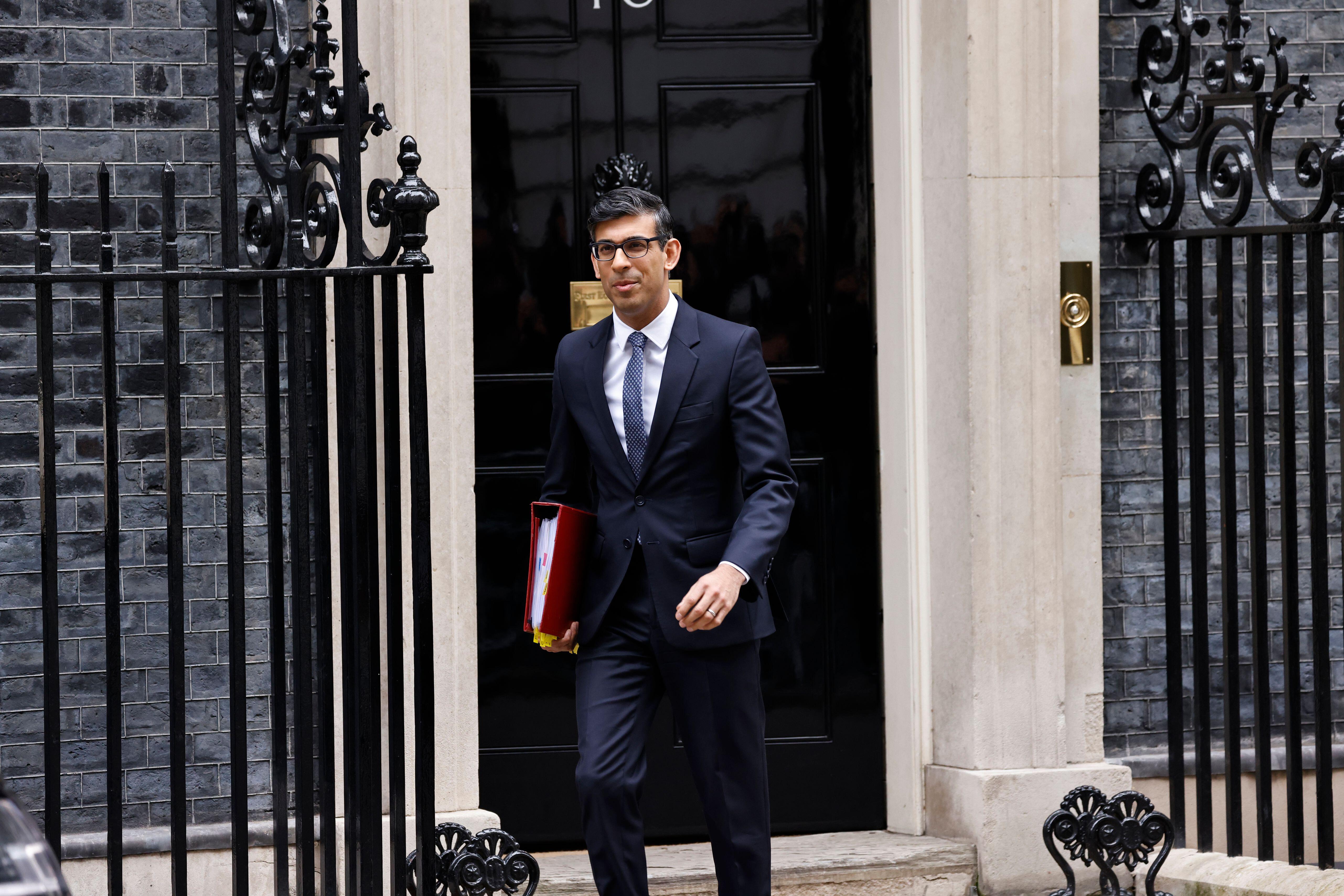Parlour games

It is a truism that all politics is performance. Successful leaders are frequently adept in the manipulation and deployment of scripts, props, stages, and costumes. To their credit, British politicians have worked exceedingly hard over the past year and more to explore the full range of theatrical genres. The vaudevillian moral vacuum of Boris Johnson’s government was reprised in recent weeks as Johnson put on a command performance, all wispy blond hair and faux indignation, for the Commons Privileges Committee. The unbelievable farce that ended his time at 10 Downing Street gave way swiftly to the burlesque-cum-tragicomedy of Liz Truss and her chancellor’s calamitous (not to say ironic) ‘mini’ budget. We seem to have arrived, in the efforts of Rishi Sunak and Keir Starmer to out-gravitas one another, at a sustained attempt to revive the long-lost tradition of the morality play.
Uniting these varied and, for British public life at least, uniformly disastrous experimentations with genre has been an underpinning concern with the technique of historical re-enactment. This is perhaps unsurprising given the huge fillip that Brexit campaigning and the referendum gave to the selective weaponisation of the British past. Acres of academic and op-ed print now assign nostalgia – the painful and poignant longing for the landmarks of a familiar even if largely imaginary past – as a primary cause of, or at least the cultural wallpaper for, Brexit. If no one has yet coined the term ‘hypernostalgia’ to capture the quintessence of the official and institutional response in the United Kingdom to the death of Elizabeth II, I would like to do so in these pages. The universal presence of nostalgia as political appeal and, at least in part, as public mood does much to explain recent British politics and its obsession with historical re-enactment.
Just as the sight of a single Roman legionary wearing an Apple Watch would ruin the spectacle for everyone involved, political re-enactments work best as collective fantasy. Johnson had, of course, been fine-tuning his Winston Churchill travesty for some time. His book The Churchill Factor: How one man made history (2014) was just its lengthiest and most thinly veiled manifestation. As a stickler for verisimilitude, however, Johnson has now almost certainly gone too far in seeking to replicate the kind of pathological distrust Winnie inspired in his parliamentary party. The natural role for Keir Starmer to adopt in this simulated reality and, indeed, one which played to his own strengths, was as a post-World War II Clement Attlee. What better counterpoint to Johnson’s hollow bombast could there be than a serious, modest, and essentially uncharismatic London lawyer, an understated man who could inject some sense of moral purpose back into public life and consensually lead in the task of building a ‘new Jerusalem’ after the pervasive sense of national trauma following Covid (and we might add Brexit, but he almost certainly would not, at least in public)?
In seeking to channel these political personae, Starmer and Johnson had been, at least, shooting for the number one and two spots in most polls for ‘best UK prime minister of all time’. Liz Truss’s crude off-the-peg Thatcher cosplay was altogether too blunt; it was also more pointedly and deliberately divisive. Even while it was an apparently more ‘realist’ effort, it could not escape the inevitable pick-and-mix susceptibilities of historical re-enactments. Like a performance of the US Civil War with the slaves left out, Truss zoomed in on the feel-good growth and tax-cutting dimensions of Thatcherism and entirely neglected the altogether harder, scarier, and less popular driving-down-inflation bits. These latter were sidestepped in favour of outsourcing most of Britain’s current malaise to one of those dei ex machina with which Truss so miserably failed to defend her ‘record’. Following Truss’s grisly and spectacular end in October 2022, Brits might have been forgiven for thinking they had reached a natural endpoint for Tory cosplay and, in John Lanchester’s damning phrase, ‘Larping as a system of government’.
Continue reading for only $10 per month. Subscribe and gain full access to Australian Book Review. Already a subscriber? Sign in. If you need assistance, feel free to contact us.















Comment (1)
Leave a comment
If you are an ABR subscriber, you will need to sign in to post a comment.
If you have forgotten your sign in details, or if you receive an error message when trying to submit your comment, please email your comment (and the name of the article to which it relates) to ABR Comments. We will review your comment and, subject to approval, we will post it under your name.
Please note that all comments must be approved by ABR and comply with our Terms & Conditions.